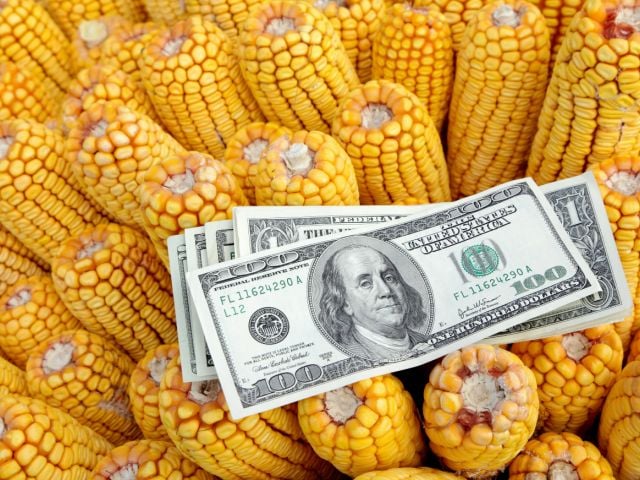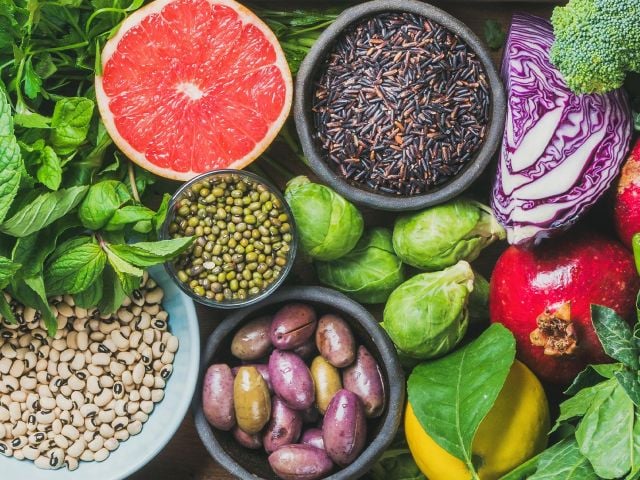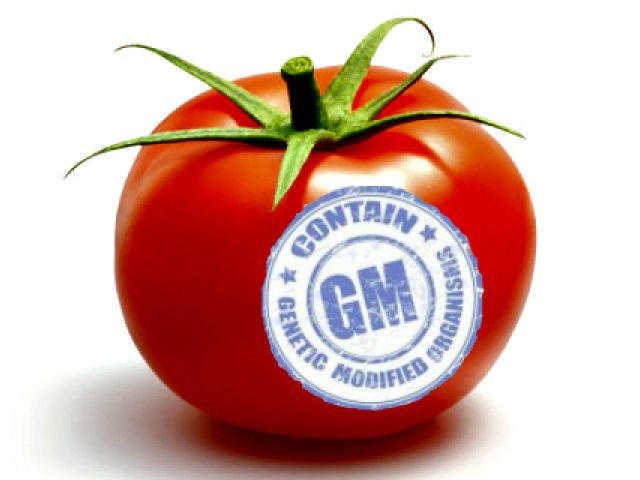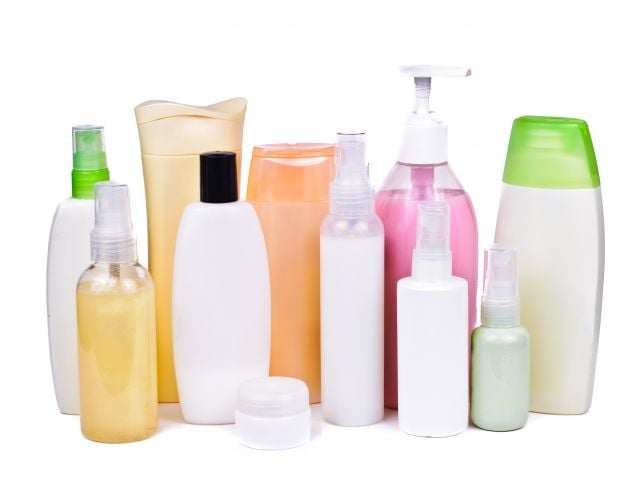Organic Within Reach

Displaying 1633 - 1656 of 7424

The Montgomery County, Maryland, Council has passed an ordinance banning what it calls “cosmetic pesticides” on private lawns. The devil, however, is in the details. The term “cosmetic” means...

Megan Schwarzman, an environmental health researcher at the University of California, Berkeley, has come up with a novel approach to screening synthetic chemicals and pollutants for their potential to...
As the New York Times reported today, federal lawmakers may be about to give Monsanto a multi billion-dollar break. H.R. 2576, The TSCA Modernization Act, is a bill designed to update our nation's...

Americans overwhelmingly want the government to ensure the safety of the personal care products they buy, according to a new national poll released today by the Mellman Group and American Viewpoint.

The crop insurance industry must be getting desperate. The federal crop insurance program from which this industry profits handsomely is coming under increasing scrutiny. The industry's claims to...

The shampoo you buy at your local drug store must be free of toxic chemicals and safe to use, right? Wrong.



Consumers rightly expect that the chemicals used in everyday products are safe.


In the absence of adequate federal regulation of hazardous chemicals, the states have stepped up to protect public health and the environment.

American industry often avoids the federal government's chemical safety checks in an unexpected way, by relying on chemicals “grandfathered” by the 1976 Toxic Substances Control Act, according to a...



Now that government agencies have given the green light to Dow AgroSciences to sell 2,4-D-tolerant, genetically engineered corn and soybeans and OK'd dousing them in Enlist Duo weed killer, there's...

The Environmental Protection Agency appears poised to approve Dow Chemical's bid to market a new toxic weed killer based on an agency analysis that failed to consider its danger to children's health...

Rep. Rodney Davis (R-Ill.) and some of his colleagues are telling American consumers they can't handle the truth.

Rates of melanoma, the deadliest form of skin cancer, are growing. More than ever, you need to shield your skin from harmful ultraviolet rays. One way to do that is to wear sunscreen.

The new version of H.R. 1599 is a radical overreach that does not simply deny consumers the right to know what's in their food or how it is grown. The new version of legislation dubbed the Deny...

As EWG pointed out last week, the version of the DARK Act passed by the House Committee on Agriculture could block or “preempt” many state and local regulations related to GMOs.

The news last week that Campbell Soup Company will remove artificial colors and flavors from its product lineup is just the latest indication that big food companies are increasingly paying attention...


The Boston Globe ran an editorial yesterday (August 3) supporting a bill recently passed by the U.S. House of Representative to block states and the federal government from requiring foods to be...
